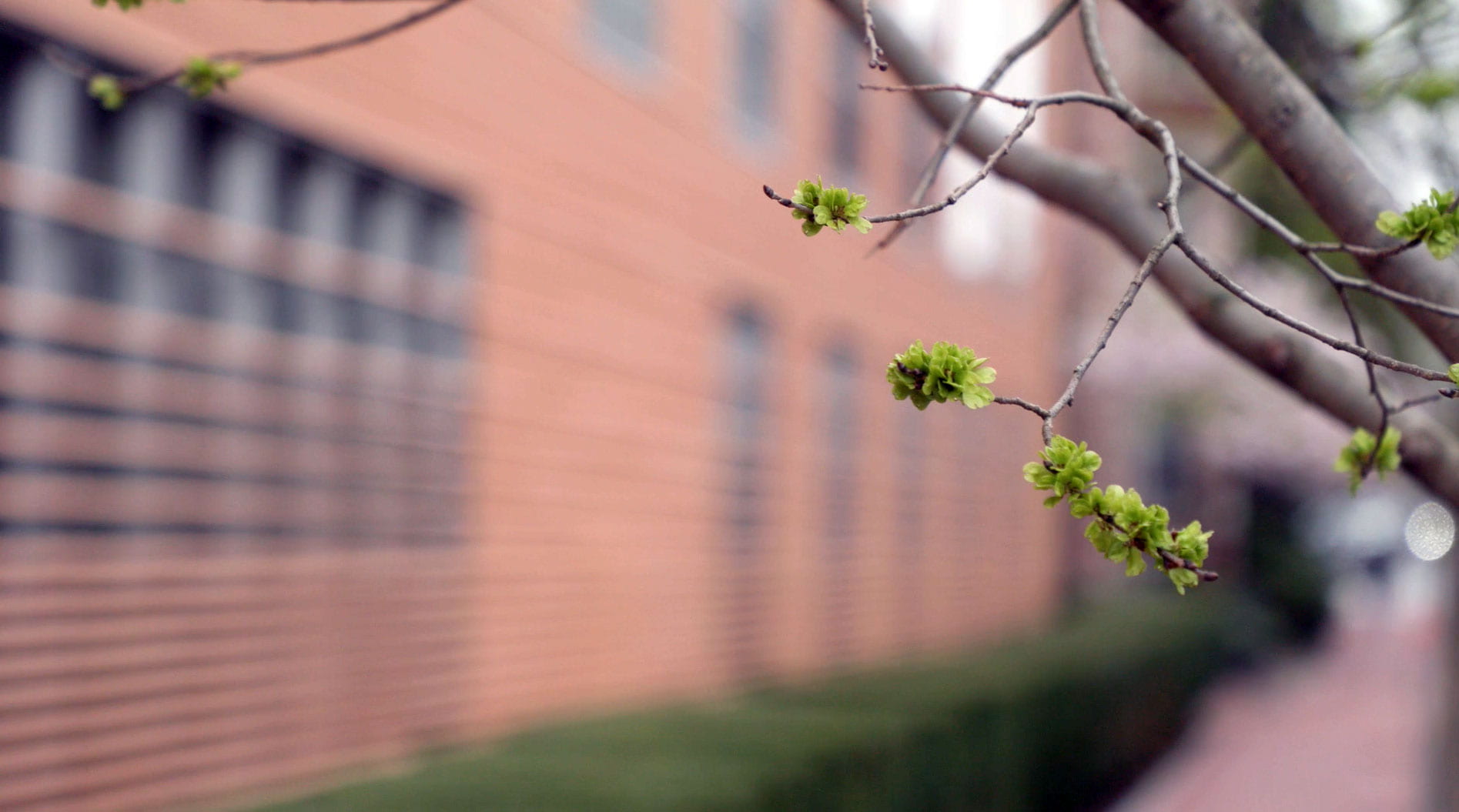Gary King Faculty, Methods and Formal Theory Overview: Election surprises are hardly surprising. Unexpected challengers, deaths, retirements, scandals, campaign strategies, real world events, and heresthetical maneuvers all conspire to confuse the best models. Quantitative researchers usually model district-level elections with linear functions of measured covariates, to account for systematic variation, and normal error terms, to…
Algorithm-Assisted Redistricting Methodology (ALARM) Project
Kosuke Imai Faculty, Methods and Formal Theory Overview: Together with two graduate students – Christopher Kenny and Tyler Simko – as well as an alumni of this department – Shiro Kuriwaki at Yale University, we developed a simulation algorithm and used it to detect gerrymandering. Our algorithm was discussed by supreme court justices in one…
Measuring the Partisan Behavior of U.S. Newspapers, 1880 to 1980
James SnyderFaculty, American Politics Overview: In this project—joint with Shigeo Hirano at Columbia University—we study newspaper partisan behavior and content, which we measure using coverage and commentary of partisan activities, institutions and actors. We use this measure to describe the levels of relative partisan behavior during the period 1880 to 1900, and to describe changes…
Why Do Misperceptions Worsen as Relevant Information Increases?
David Beavers Graduate Student, American Politics With Jennifer L. Hochschild Overview: Research generally finds that exposure to corrective information attenuates misperceptions, and that as the cost of acquiring information diminishes and the stakes for possessing accurate information increase, factual accuracy increases. In an ongoing project, Jennifer Hochschild and I examine a puzzling counterexample. Despite ample…
Support for the Global Economic Order
George Yean Graduate Student, International Relations Overview: Post-Cold War global economic order is in trouble. As a result of rising protectionism, mercantilism, security concerns, tensions between geopolitical rivals, and the current account and currency crisis, the order has been fundamentally undermined. There are losers and winners in the international order, as there are in the…
Rethinking Peripherality and Politics
Noah Dasanaike, Graduate Student, Comparative Politics Overview: In my research article, I deconstruct the concept of peripherality into several dimensions and estimates the effect of these dimensions on support for the radical right. More specifically, I propose physical, social, and economic dimensions of peripherality, drawing heavily from Bourdieu’s types of capital, and outline measures through…
Gov Department’s Claudine Gay elected the 30th President of Harvard University
Harvard names Claudine Gay 30th president. Social scientist and dean of largest faculty will lead University starting July 1. Claudine Gay, a widely admired higher education leader and distinguished scholar of democracy and political participation, will become the 30th president of Harvard University on July 1, 2023. Stephanie Mitchell/Harvard Staff Photographer…
Madai Quispe
Comparative Politics with a Focus on Latin America I’m a sixth-year comparativist studying the political economy of development strategies in Latin America. In my second year, I worked as the student coordinator of the Comparative Politics workshop and the Chair of the GSA’s International Students’ Committee. Those experiences allowed me to get to know other…
Rochelle Sun
International Relations Interested in Issues Related to Public Health As a third-year PhD candidate, I’m working through the early stages of solidifying my dissertation project. My research examines the role of healthcare as a strategic asset in conflict and diplomacy. Specifically, I study how combatants navigate and interact with healthcare resources during conflict, and analyze…
Andrew O’Donohue
Comparative Politics with a Focus on the Middle East In addition to studying the global crumbling of democracy, my time as a Ph.D. student has been filled with many fun experiences. Inside the department, my favorite space is the weekly Comparative Politics workshop – I love seeing friends for lunch, learning about new research, and…
